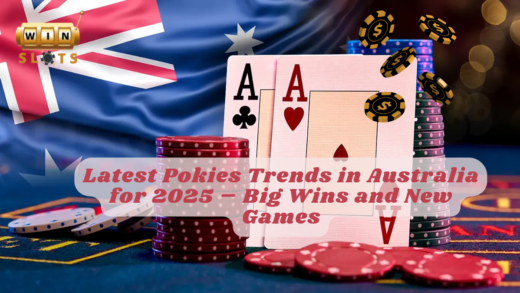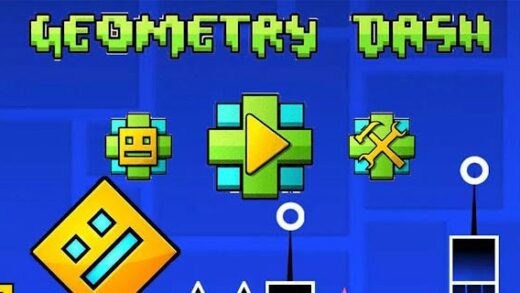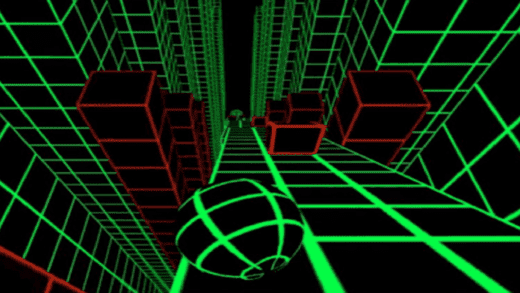The early years of a child’s life are crucial for brain development. Between the ages of 2 and 5, toddlers are rapidly learning how to think, communicate, and interact with the world around them.
One of the best ways to support this growth is through brain development games for toddlers. These fun and educational tools stimulate young minds and foster skills such as problem-solving, memory, attention, and language development.
From screen-free activities to carefully designed cognitive skills apps, there are countless options to help your toddler grow intellectually while still having fun. Let’s explore the best early learning games for children in this formative age group.
Why Brain Games Matter in Early Childhood
During the toddler years, a child’s brain is like a sponge, soaking up experiences and building neural connections at a rapid rate. Games that challenge memory, coordination, and logic help strengthen these connections and encourage a lifelong love of learning.
The best brain development games are:
- Age-appropriate and safe
- Focused on building fundamental skills
- Engaging enough to hold a young child’s attention
- Interactive, encouraging both physical and mental participation
Best Brain Development Games
1. Peekaboo Barn
Platform: iOS, Android
Skills Developed: Language, memory, object permanence
This adorable app introduces children to farm animals through a simple, engaging peekaboo game. It’s ideal for toddlers just beginning to understand cause and effect and builds early vocabulary in a fun way.
2. Endless Numbers
Platform: iOS, Android
Best For: Ages 3–5
Skills Developed: Number recognition, counting, basic math
A favorite among early learning games, Endless Numbers teaches children how numbers work using interactive animations, puzzles, and funny monster characters. It’s both educational and entertaining.
3. Tiggly Shapes and Words
Platform: iOS (with tactile toys), Android
Skills Developed: Shape recognition, vocabulary, fine motor skills
This unique app works alongside physical toys to teach toddlers how shapes and words relate to the real world. It’s great for hands-on learners and supports both visual and tactile development.
4. Puzzle Play (Physical & App-Based)
Platform: Board puzzles, Melissa & Doug, digital puzzle apps
Skills Developed: Spatial awareness, hand-eye coordination, problem-solving
Traditional puzzles remain one of the best brain development games for toddlers. Whether they’re matching animal pieces or solving digital jigsaws, puzzles strengthen logic and spatial reasoning.
5. Busy Shapes
Platform: iOS, Android
Best For: 2–4 year olds
Skills Developed: Cause-and-effect thinking, shape recognition, motor skills
Busy Shapes is inspired by Montessori principles and allows children to move shapes into matching holes while solving increasingly complex problems. It’s intuitive and perfectly suited for curious toddlers.
6. Memory Card Games
Platform: Physical cards or memory apps
Skills Developed: Concentration, memory retention, focus
Simple memory matching games help toddlers recognize patterns and improve short-term memory. Start with 4-6 cards and increase difficulty as they improve.
7. Play-Doh and Creative Toys
Platform: Offline
Skills Developed: Creativity, fine motor skills, imagination
Although not digital, tactile toys like Play-Doh offer rich cognitive skill development by encouraging toddlers to mold, shape, and explore freely, helping improve coordination and imagination.
Tips for Choosing the Right Game
When selecting games for your toddler, consider:
- Your child’s developmental stage: Not all 2-year-olds are the same, so choose games that match their learning pace.
- Interaction level: Look for apps and games that respond to your child’s input and keep them engaged.
- Parental involvement: Games that allow co-play encourage bonding and reinforce learning.
Recommendation
Offline Brain Games for 4–8 Year Olds That Sharpen Minds
Top Memory Games for 2–5 Year Olds to Boost Early Brain Skills
Brain-Boosting Puzzle Games for 6-Year-Olds: USA 2025 Picks
Top Puzzle Games for Toddlers: Boost Brain Development in USA Kids
Best Multiplayer Games for Kids Aged 2–6 (2025 Edition)
FAQs:
Q1: How much screen time is appropriate for toddlers aged 2–5?
A1: The American Academy of Pediatrics recommends no more than one hour per day of high-quality screen time for children aged 2–5, combined with active play and parent involvement.
Q2: Are digital games better than traditional toys?
A2: Both have benefits. Digital games offer interactive feedback and variety, while traditional toys support physical development and creativity. A balanced mix is ideal.
Q3: Can toddlers really learn from apps?
A3: Yes, many well-designed apps are based on educational principles that promote learning through play. Always choose ad-free, age-appropriate apps with educational goals.
Q4: How do I know if a game is helping my child’s brain development?
A4: Look for signs of improved attention span, problem-solving ability, vocabulary use, and enthusiasm for learning. If your child enjoys it and shows growth, it’s working!
Q5: What types of skills should brain games focus on for toddlers?
A5: Games should develop cognitive skills such as memory, attention, reasoning, language, and motor coordination while keeping play enjoyable.
Conclusion
The early years are the foundation of a child’s intellectual growth. Choosing the right brain development games for toddlers ensures they build essential cognitive skills while having fun.
From early learning games that teach numbers and words to puzzle-solving and hands-on activities, there are endless options to help your toddler thrive. The key is to keep it engaging, interactive, and always age-appropriate.



